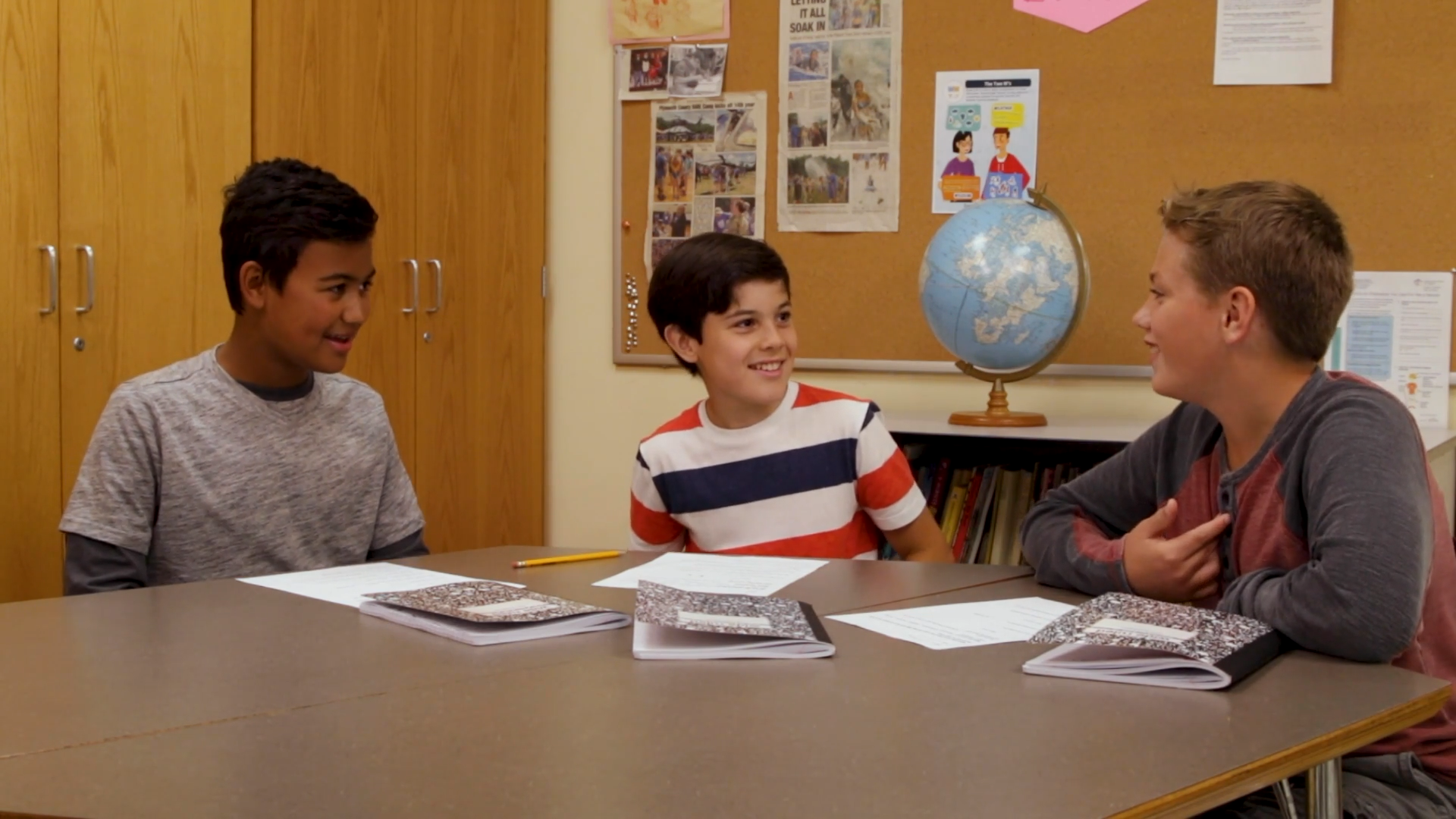
Introduction
As educators, it is essential to teach kindergarteners how to navigate social situations effectively. One critical aspect of social-emotional learning is helping children understand the importance of agreeing and disagreeing in a balanced way. This blog post will explore an engaging no-prep activity, discussion questions, and related skills to help students develop this valuable skill. By teaching young learners to agree more often than they disagree, we can foster positive relationships, encourage cooperation, and promote a harmonious classroom environment.
No-Prep Activity: The Balancing Act Game
The Balancing Act Game is a fun, no-prep activity that requires no materials and can be played in any setting. The objective of this game is to help kindergarten students practice agreeing and disagreeing in a balanced way.
- Have students form a circle or sit in a group.
- Explain the concept of agreeing and disagreeing, emphasizing the importance of balance.
- Ask one student to start by sharing an idea or opinion about a simple topic, such as their favorite color or food.
- Going clockwise, each student should either agree or disagree with the previous student’s opinion. Encourage them to use friendly words and tones.
- Remind students that it’s important to agree with others more often than they disagree, and to remain calm and friendly when expressing their opinions.
- Continue the game for several rounds, allowing students to practice and become more comfortable with the concept of agreeing and disagreeing in a balanced way.
Discussion Questions
After completing the Balancing Act Game, use these discussion questions to stimulate further conversations and reinforce the concept of agreeing and disagreeing in a balanced way:
- Why is it important to agree with others more often than we disagree?
- How does it make you feel when someone agrees with your opinion? How does it make you feel when someone disagrees?
- Can you think of a situation where it is okay to disagree with others? What about a situation where it’s important to agree?
- How can we show others that we are listening and respecting their opinions, even if we disagree?
- What are some ways to express our disagreement in a friendly and respectful manner?
Related Skills
In addition to teaching kindergarten students the importance of agreeing and disagreeing in a balanced way, consider incorporating these related social-emotional skills into your lessons:
- Active listening: Teach students to listen carefully when others are speaking, and to demonstrate understanding through verbal and non-verbal cues.
- Empathy: Encourage students to put themselves in another person’s shoes and consider their feelings and perspectives.
- Conflict resolution: Help students learn how to address disagreements and find mutually beneficial solutions.
- Assertiveness: Teach students how to express their opinions and feelings confidently and respectfully.
- Cooperation: Foster a sense of teamwork and collaboration among students, encouraging them to work together towards common goals.
Next Steps
Now that you have learned about the importance of teaching kindergarten students to agree and disagree in a balanced way, we invite you to explore even more social-emotional learning resources. Sign up for free samples of this skill and others to help your students develop the essential tools they need for success in the classroom and beyond.

